
Discover more at Nymans
Find out when Nymans is open, how to get here, the things to see and do and more.

Discover ruins, statues and year-round beauty and interest. Created by plantsman and designer Ludwig Messel in the late nineteenth century, it’s a garden lover’s delight with significant international and heritage plant collections. More open and flowing than a ‘garden of rooms’, different areas of the garden represent Nymans’ distinctive blend of formality and informality to perfection. Garden tours are available daily and take in distinctive seasonal highlights.

Whether it’s a misty, grey day or a bright blue sky with crisp frost on the ground, these are the highlights of a visit to the garden in winter.
The deep herbaceous borders of the top garden are crammed with a range of flowers and shrubs. Fragrant and colourful, there’s something to offer in each season from snowdrops in winter to delicate poppies in summer. It’s home to a wonderful collection of trees, some dating back to 1905.
The Rose Garden is undergoing restoration in 2025, part of a two year project which will see a more diverse and romantic space, with a greater emphasis on soil health and planting that is more resilient to our changing climate.
Currently the rose garden is in decline from a combination of disease, challenging weather and an aging plant collection. We'll be replanting the garden with the strongest, most long lived and drought tolerant species, with early summer flowering shroubs and groundcover. Research is being carried out to see which old roses can be reintroduced. Check our social media feeds for project updates and read more about the project here.
With planting combining shape and texture using hardy exotics and tender annuals set against the dramatic backdrop of the ruined mansion, the architectural feel of this terrace is enhanced by tree ferns.
Designed to give maximum colour, with playful textures, bold drifts and exotic planting, the South African meadow is a vibrant mix of grasses, herbaceous perennials, bulbs, daisies and annuals.
Plants have been intermingled to mimic their behaviour in the wild, dispersed in drifts to create fluidity and lead the eye around the landscape.
The planting scheme is a celebration of South African flora, with many plants that are not commonly seen in the UK. Plants have been chosen that are likely to thrive within the conditions of the site with only moderate intervention.
The great British weather sometimes tests these exotic plants: the cold and damp of winter may be too much for some, but others surprise us with their resilience.
You can follow a grass path through the middle to fully experience the meadow and immerse yourself in the landscape.
Nymans is a mix of formal and informal areas packed full of exotic species from around the world. At 13 hectares, the garden holds one of the most comprehensive documented collections of Chilean and Argentinian species cultivated in the British Isles.
These plant introductions still surviving at Nymans today may represent genetic material that has been lost from wild populations. In the Wall Garden you’ll find plants from China and Chile, and across the road in the Wild Garden discover the Tasmanian collection.
At 500 ft above sea level, Nymans offers wonderful views. The lawn in front of the house is the best spot for views across the surrounding countryside, with ruins and topiary yew hedging on one side and the South Downs on the other.
Chanctonbury Ring can be seen perched on the Downs through the trees to the south west. The centrepiece is the 160-year-old Cedar of Lebanon.
Throughout the garden you'll find formal and creatively shaped topiary. Look out for yew globes around the fountain in the wall garden, topiary lions guarding the entrance, and birds on the terrace in front of the house.
With informal and formal areas, exuberant planting, flower meadows and manicured lawns, the garden is constantly evolving and a joy in every season.
To help you explore it fully, we run daily guided garden tours, please ask our visitor welcome team for details and timings.
See the garden from the comfort of a buggy with one of our garden buggy tours. If you'd like to venture further afield and discover the estate's 250 acres of wildlife-rich woodland, join a woodland buggy tour, which run daily. They last around 1 hour and are run by our knowledgeable volunteers. (These are usually just available in the summer months).
Accessibility buggies run throughout the day in autumn. We have a second buggy which can take visitors into the woodland on request. This runs at 11.30am and 1.30pm. All buggies are driven by volunteers and we recommend booking in advance by calling Nymans reception. During the winter we only run 1 buggy trip twice a day at 11.15am & 1pm.
We recommend anyone in a wheelchair or mobility scooter to take our flat route, marked on the map with a blue dotted line, which can be accessed by going through the plant centre to avoid a steep hill in the pinetum.
We have all-terrain wheelchairs with larger wheels which are better on the gravel (we have 6 of these in total). We also have the 3-wheeled trikes (2 in total). All of these can be booked out from reception, either booked in advance or on the day (no charge).
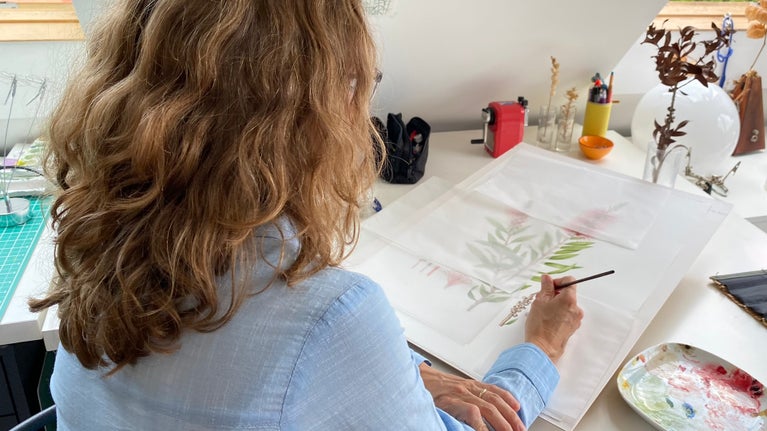
The Nymans Florilegium Society is a group of botanical artists founded in 2006. They record the plant collection at Nymans in their wonderful botanical paintings. Many plants have been recorded over the past few years and the group are now prioritising those with a special connection to the Messel Family or to Nymans. The society meets two or three times a year for a walk around the garden with a member of the Garden team. Finished paintings are photographed and a digital copy is saved for reference. The work of the Nymans Florilegium Society has been displayed in some of the Nymans exhibitions.

Find out when Nymans is open, how to get here, the things to see and do and more.
A map of Nymans garden 2024
Nymans’ ancient woodland is a designated Site of Special Scientific Interest (SSSI), nature reserve and home to a variety of plants and wildlife. Stroll along shaded woodland paths, cool down at the side of the lake and listen to the soothing sound of nature.

Under generations of the Messel family, Nymans in West Sussex has been through several transformations since the 1890s to become the house, ruin and garden you see today.
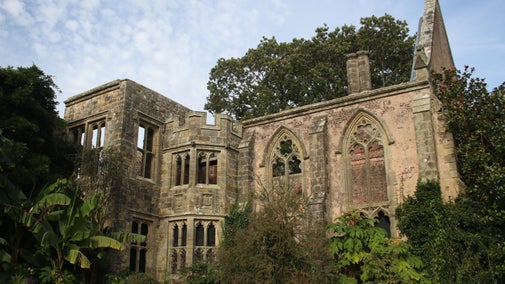
Discover natural play in the Play Glade, activities and events in the school holidays and an ancient woodland and garden to discover. Picnic anywhere in the garden, or pick up a snack from the cafe or kiosk. Baby change available by the house and in the cafe and car park.
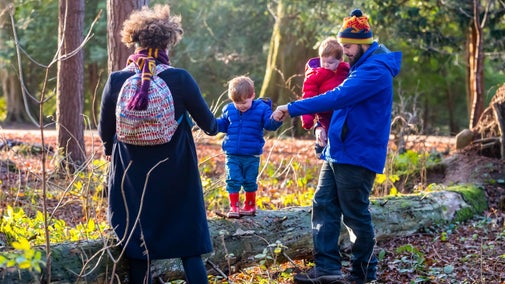
From 18th-century water gardens and Arts and Crafts landscapes to intimate woodland gardens, there are so many places to discover.
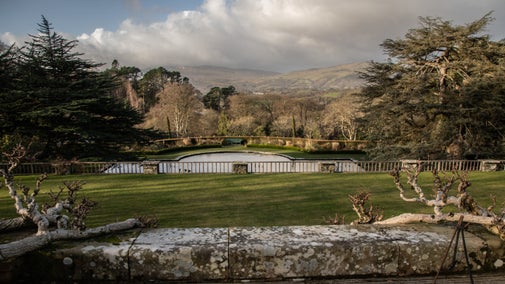
Discover our gardeners’ top tips so you can make the most of your garden, plot or window box.
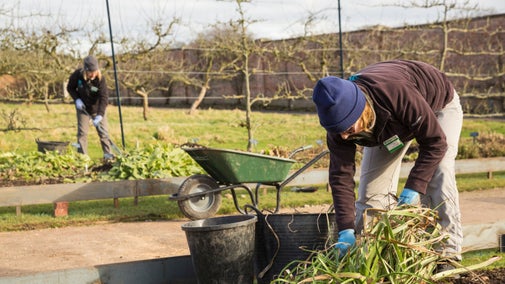
Beautiful gardens are found all over Sussex. The romantic gardens at Nymans and Bateman's; and Capability Brown landscapes at Sheffield Park and Petworth are all yours to explore.
